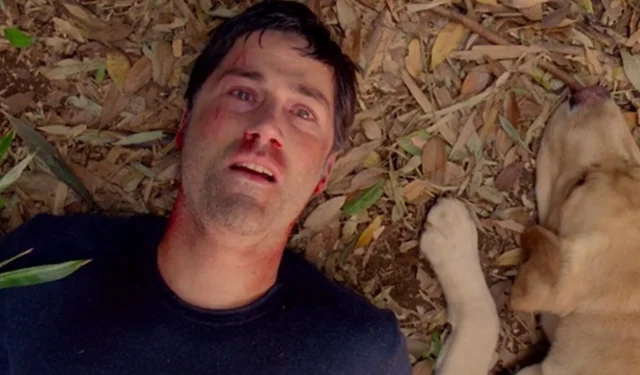
The conclusion of Lost is renowned for being both polarizing and memorable within television history. While the initial vision for the finale was action-packed and climactic, it ultimately risked overshadowing the show’s true emphasis on character development and relationships in its poignant final moments. Consistently, the series has garnered a reputation for having one of the most debated endings, frequently appearing in discussions that label it among the worst along with shows like Dexter and How I Met Your Mother. Despite these criticisms, a recent reevaluation of the finale has surfaced, prompting fans to reconsider its impact.
In the end, Jack’s selfless act to save his friends concludes with a mystical reunion in a sort of purgatory, where the survivors of Oceanic 815 gather following their respective demises. This touching resolution encapsulates the essence of the series, highlighting the emotional ties between beloved characters. However, creators Carlton Cuse and Damon Lindelof have disclosed that this emotional depth was not always part of their plan. Throughout the series, a looming volcano hinted at potential upheaval that never culminated in a significant plot development—it was originally intended to do so.
The Untapped Potential of the Volcano in Lost’s Original Ending
A Climactic Battle Against the Eruption
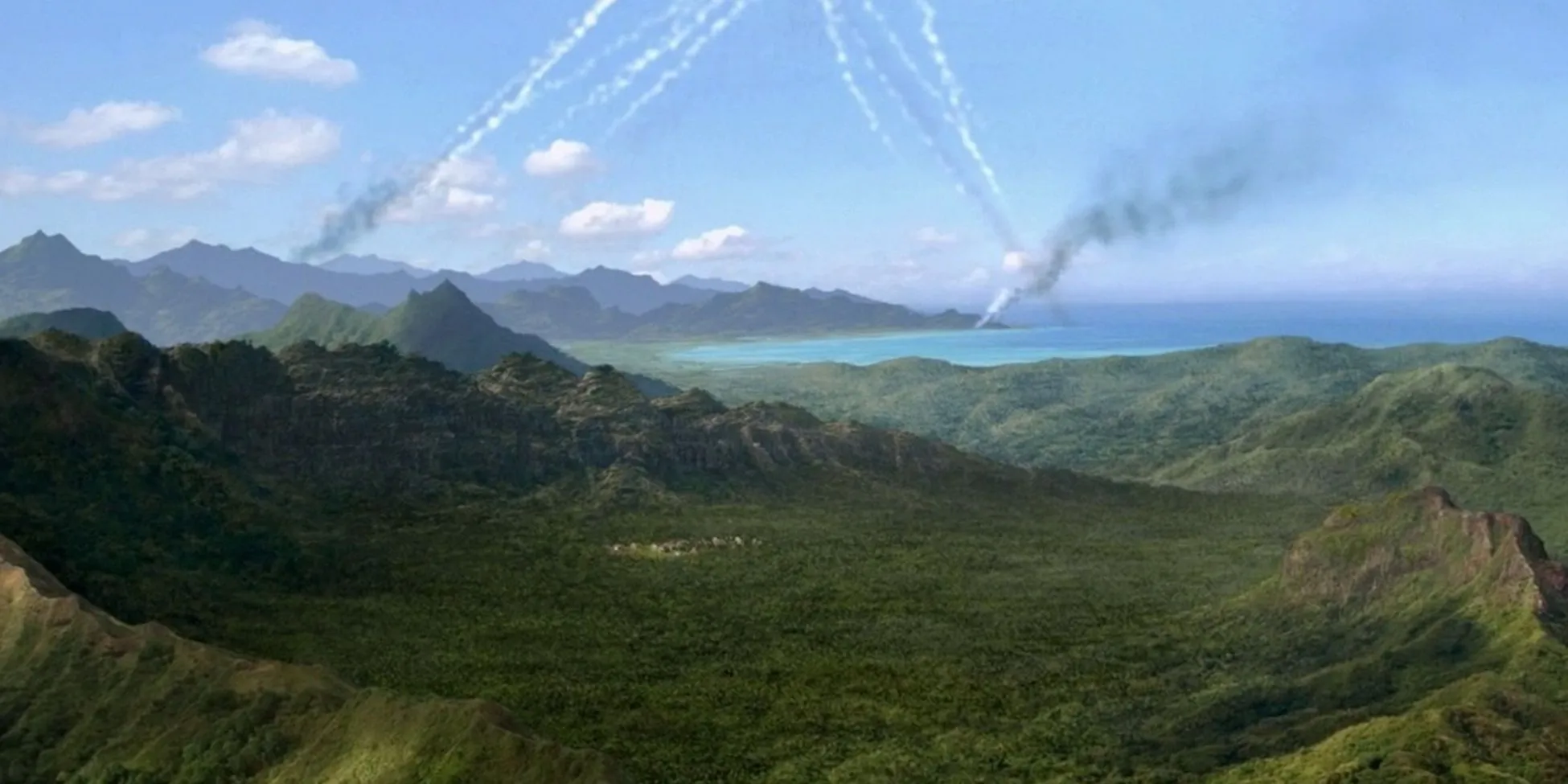
Years after the series wrapped up, Cuse and Lindelof shared insights revealing their initial plans for an explosive conclusion that would have made full use of the stunning Hawaiian locations. Their idea revolved around the concept that the island served as a barrier between the world and impending doom, embodied by the volcano. The original finale envisioned a scenario where the volcano would erupt, unleashing chaos that mirrored an epic confrontation between the forces of good and evil on the island.
This concept bears some similarities to the dramatic sequences of Star Wars: Episode III – Revenge of the Sith, where the fiery landscape of Mustafar formed a symbolic backdrop for key character confrontations. However, the realistic portrayal of such a volcanic battle on a TV budget posed significant challenges. Although viewers could witness improvements in CGI over the course of Lost, the execution often fell flat, making the volcanic eruption seem less feasible given the technical limitations.
Focusing on Emotional Arcs Rather Than Action-Packed Spectacle
Prioritizing Character Depth Over Visual Thrills
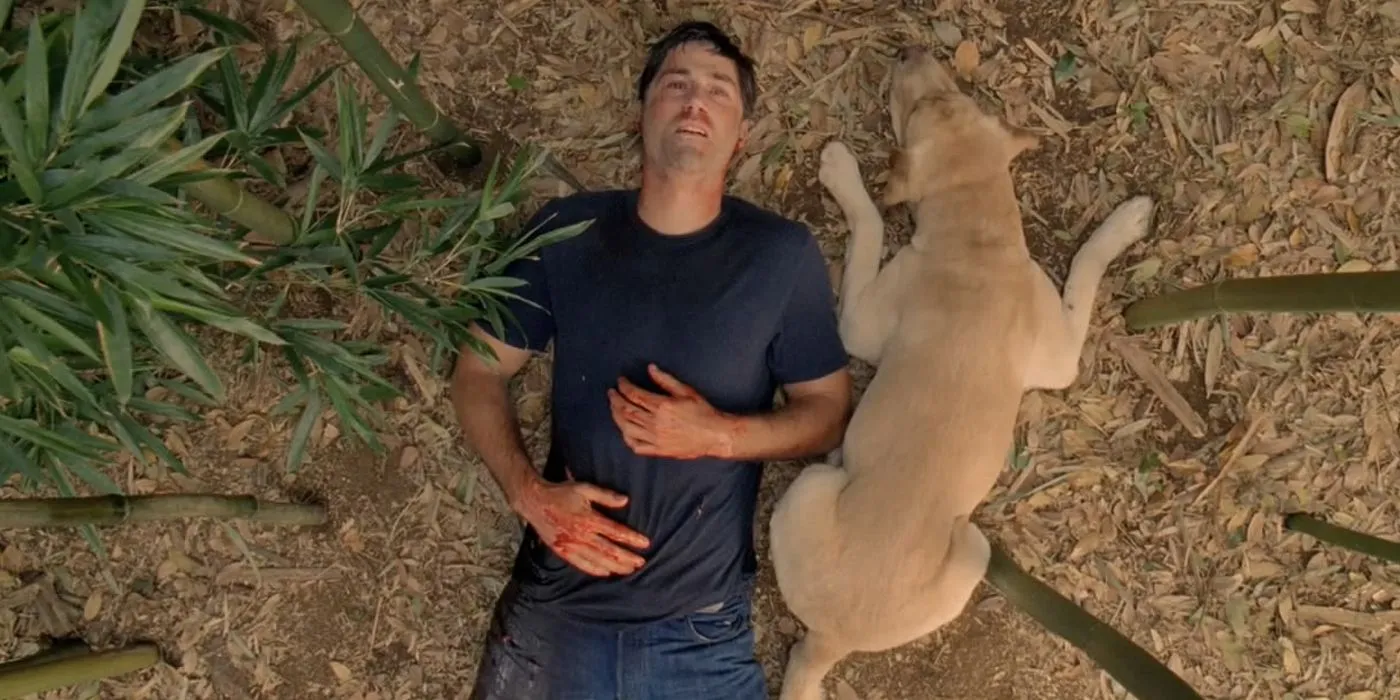
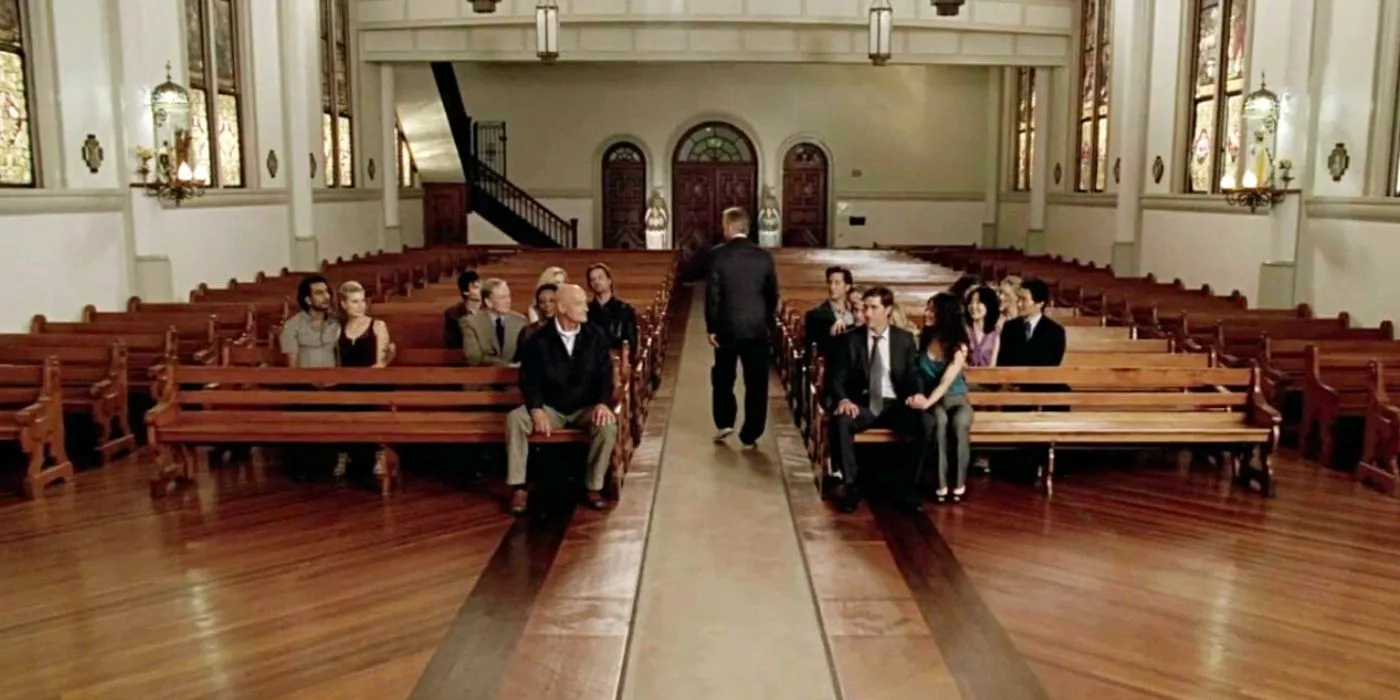
While the idea of Jack’s group facing the Man in Black amid a volcanic eruption generates excitement, it would have ultimately detracted from the core narrative. An overemphasis on CGI lava and chaos would have shifted focus away from the intricate character dynamics that made Lost compelling. The finale found greater strength in its simplicity, prioritizing the fundamental human experiences and connections that unfolded throughout the series. This decision ultimately enhanced the finale’s emotional resonance.
Though the finale faced scrutiny for leaving numerous questions unanswered, it received acclaim for its exploration of emotion and character arcs.
By centering on the enduring relationships between characters, the finale allowed for a heartfelt conclusion reflecting their journeys. Reunions within the flash-sideways timeline served as a poignant realization of their circumstances, making the emotional weight of the finale truly impactful. This suggests that at its core, Lost was never solely about the mysteries of the island but rather about the human connections forged in its shadow.
In the Landscape of Unresolved Mysteries, the Volcano Is Minor
A Cornucopia of Unanswered Questions
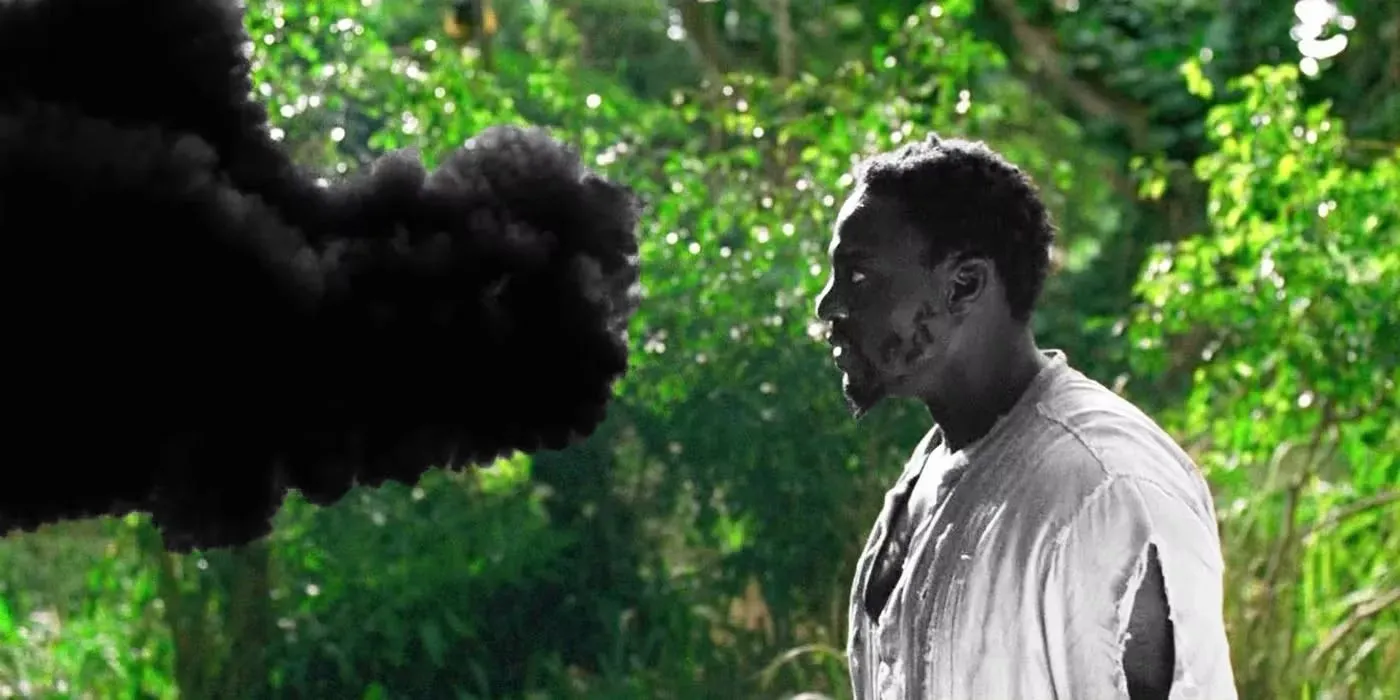
The volcano isn’t the only unresolved plot element from Lost. The show is filled with a variety of mysterious threads, and while the writers excelled at introducing these captivating enigmas, they often struggled to provide coherent resolutions. This contributes substantially to viewer dissatisfaction with the series finale, culminating in a perceived lack of closure.
Several prominent questions remain, such as the context surrounding “the light,” the nature of the evil contained within it, and the transformations of characters. The significance of the inactive volcano pales in comparison to the myriad of more pressing mysteries that fans still ponder. In the grand narrative of Lost, the volcano represents a relatively minor plot device amid an expansive tapestry of unresolved storylines.




Leave a Reply